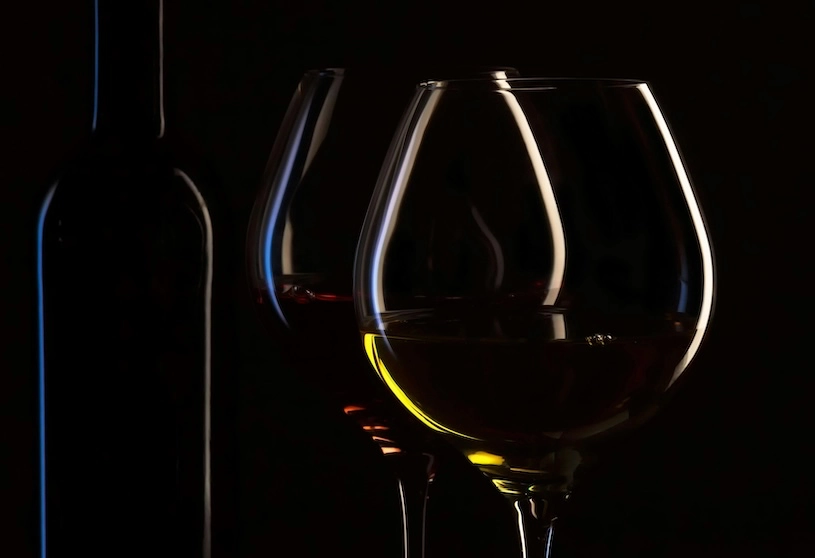The Science Behind a Hangover
Understanding what causes a hangover can help in addressing its symptoms. Ethanol, the main ingredient in alcoholic beverages, is a diuretic, leading to dehydration. Dehydration is responsible for many hangover symptoms such as thirst, dizziness, and lightheadedness. Alcohol also triggers an inflammatory response from the immune system, contributing to issues like lack of appetite, concentration problems, and memory issues. Moreover, congeners, chemical substances other than ethanol found in alcohol, can exacerbate hangover symptoms, especially in darker liquors.
Common Hangover Cures and Their Efficacy
Various remedies are often suggested for hangovers, but not all hold up under scientific scrutiny:
- Hydration: Since dehydration is a significant part of a hangover, rehydrating with water, sports drinks, or oral rehydration solutions can help alleviate some symptoms.
- Food and Rest: Eating a hearty breakfast can help maintain blood sugar levels, while resting allows the body time to recover.
- Pain Relievers: Nonsteroidal anti-inflammatory drugs (NSAIDs) like ibuprofen can help with headaches and muscle pain but should be used cautiously as they can irritate the stomach.
- Vitamins and Supplements: While certain vitamins, such as B vitamins and zinc, have been touted as hangover cures, there is limited evidence supporting their effectiveness. However, replenishing lost nutrients can aid in recovery.
Debunking Common Hangover Myths
Many myths surrounding hangover cures lack scientific backing:
- Hair of the Dog: Drinking more alcohol might temporarily relieve hangover symptoms but can lead to worse hangovers and increased dependency.
- Coffee: While coffee might help with fatigue, it can also worsen dehydration. It's not a cure but can be consumed moderately after water intake.
- Greasy Food: While eating greasy food before drinking can slow alcohol absorption, consuming it after doesn't cure a hangover and might irritate the stomach.
Is Time the Only True Cure?
Ultimately, the most effective way to alleviate hangover symptoms is by giving time to the body to process and eliminate the toxins. There is no quick fix or magic cure for a hangover; only time can completely rid the body of the aftereffects of overdrinking.
Prevention: The Best Remedy
The most effective way to prevent a hangover is to drink responsibly. Consuming alcohol in moderation, staying hydrated between drinks, eating before and while drinking, and choosing lighter-colored alcohols can all help minimize the severity of hangovers.
Conclusion
While various remedies can help mitigate the symptoms of a hangover, there is no definitive cure other than time. The best strategy is prevention through responsible drinking. It’s important to remember that moderation is key – enjoying alcohol doesn't have to lead to suffering the next day.


